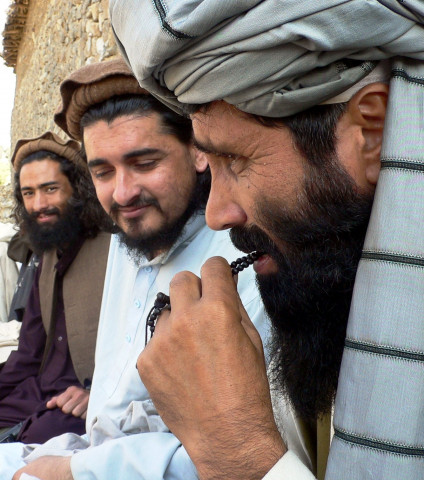Talking to the Taliban
Even if their word is to be trusted, this means that fighting will continue, peace deal or not.

There are a couple of major problems with trying to negotiate a peace deal with the TTP at this juncture. Firstly, it is not clear who the victor in this leadership battle will be, so we may end up negotiating with the losing side, making the whole process irrelevant. Secondly, the TTP has a history of wanting to conduct talks when they are at their lowest ebb. This gives them some breathing space and time to regroup after which they can violate ceasefire deals and other terms of agreements at will. At this uncertain and vulnerable time for the TTP, the government should be redoubling the fight against the group, not allowing them time to recuperate.
If an agreement is imminent, which intelligence officials claim it is, the first thing we have to know is whether the peace deal has been made with Hakeemullah or Waliur Rehman. Then, we need a convincing argument for why this particular agreement will be any different to the three failed deals that preceded it. Simply saying that it will be different does not make it so. The early signs are not encouraging. The TTP always prefers making deals in winter, when fighting is harder, only to regroup and become deadlier than ever when the weather improves. It is also notable that the Taliban have agreed to halt attacks on civilians but not security forces. Even if their word is to be trusted, this means that fighting will continue, peace deal or not.
Published in The Express Tribune, January 5th, 2012.















COMMENTS
Comments are moderated and generally will be posted if they are on-topic and not abusive.
For more information, please see our Comments FAQ